When families entrust their loved ones to a nursing home or long-term care facility, they expect attentive, professional medical care. Unfortunately, medical errors in these environments can have devastating consequences. A personal injury lawyer can help families uncover whether these mistakes stem from negligence, lack of oversight, or broader systemic failures. Understanding the most common medical errors in long-term care settings can help families recognize when something has gone wrong and what steps to take next.
Medication Administration Errors
Medication errors are among the most frequent and dangerous mistakes in long-term care facilities. Residents often rely on multiple prescriptions, making accurate administration essential. Errors such as giving the wrong dosage, providing medication at the incorrect time, or failing to administer a required drug can lead to serious complications, including organ failure, cognitive decline, or death. These mistakes often result from understaffing, poor training, or inadequate recordkeeping. Nursing homes have a duty to maintain precise medication logs and ensure all staff follow physicians’ orders. When they fail to do so, they can be held accountable for the harm caused.
Misdiagnosis And Delayed Diagnosis
Accurate and timely diagnosis is essential for elderly patients, many of whom live with chronic conditions that require ongoing management. In a long-term care setting, staff may overlook subtle signs of medical distress, dismissing symptoms as part of normal aging. Misdiagnosing or failing to diagnose conditions like infections, strokes, or heart attacks can cause irreversible harm. In some cases, a delayed diagnosis may result in death. Nursing homes must provide competent medical assessment and ensure that staff escalate concerns to physicians promptly. Failure to do so can establish grounds for nursing home liability.
Failure To Monitor Residents
Many residents in long-term care facilities require consistent medical monitoring to manage conditions such as diabetes, high blood pressure, or post-surgical recovery. When staff fail to perform regular checks, like monitoring blood glucose levels or tracking vital signs, residents’ health can deteriorate rapidly. This negligence is particularly concerning when staff ignore alarms, fail to respond to emergencies, or neglect to document changes in a resident’s condition. The lack of supervision often reflects systemic issues, including insufficient staffing ratios or inadequate training. In these cases, both the facility and individual caregivers may bear responsibility for resulting injuries.
Improper Use Of Medical Equipment
Long-term care facilities rely on medical equipment to help residents breathe, move, and heal safely. Improper use of ventilators, feeding tubes, or mobility aids can cause severe injury or death. Errors often occur when staff are not properly trained or when the facility fails to maintain or sterilize equipment. A preventable infection from contaminated devices or a fall due to faulty equipment represents not only medical negligence but also a violation of basic care standards. When such preventable incidents occur, our colleagues at Azari Law, LLC advise that families may have legal recourse through a nursing home liability claim.
Inadequate Infection Control
Infection control is one of the most critical aspects of long-term care. Elderly residents are particularly vulnerable to infections like pneumonia, sepsis, and urinary tract infections. Facilities are required to follow strict hygiene protocols, including proper handwashing, sterilization, and isolation procedures. When staff fail to adhere to these standards, infections can spread rapidly among residents. These outbreaks are often entirely preventable, making them one of the clearest signs of facility negligence.
Protecting Loved Ones From Preventable Harm
Medical errors in long-term care facilities are not inevitable. They are often the result of negligence, poor training, or lack of oversight. Families who suspect that a loved one suffered harm due to a facility’s mistake should not hesitate to seek legal guidance. Contacting a local personal injury attorney can help determine what options are available to pursue compensation against a negligent nursing home facility and hold those responsible accountable for their actions.




